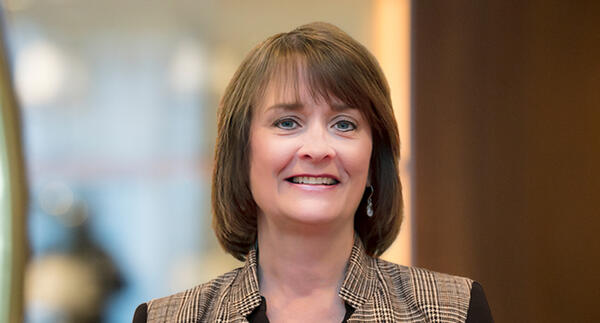 On June 29th, I hosted the latest meeting of the Aite-Novarica Women’s Network on Insights on Executive Coaching and Stories from the Field. We were joined by executive coaches and guest panelists Cheryl Haynes and Margarete Dupere who shared their perspectives on the assumptions about executive coaching, how coaching can address the unique challenges women face in their careers, and how to prepare to be coached.
On June 29th, I hosted the latest meeting of the Aite-Novarica Women’s Network on Insights on Executive Coaching and Stories from the Field. We were joined by executive coaches and guest panelists Cheryl Haynes and Margarete Dupere who shared their perspectives on the assumptions about executive coaching, how coaching can address the unique challenges women face in their careers, and how to prepare to be coached.
What Is Executive Coaching?
Many people have assumptions about what executive coaching is, but our panelists explained that coaching is a structured, formal process that can be offered to employees at any level. Coaches and individuals work together to define specific, measurable goals focused on that person’s development to enable success and satisfaction in their role. A coaching relationship should be grounded in trust, data, and chemistry between the coach and the client. It is a safe and nonjudgmental environment to discuss blind spots and room for growth.
Our panelists also described how coaching is beneficial both for the individual client and for the client’s organization as an opportunity to develop its employees. At its best, coaching should be sponsored by the organization to align with company strategies and values. When coaches are selected in partnership with the organization, the coach can talk to other members of the organization to understand the culture and context in which their client works. Our panelists encouraged our members to ask a leader or manager for an executive coach and stated that doing so shows you are invested in developing your skills.
Addressing Challenges Women Face in Their Careers
Our panelists described how working with a coach can assist with some of the unique challenges women face in their careers, such as work-life balance, speaking up, and pressures to “fit in.” Coaches help their clients set development goals, focus on what’s most important without burning out, and be their authentic selves in the workplace. This is done through self-reflection to identify their values and the development of self-awareness and management to fully contribute their best selves at work.
The coaches also emphasized the need to, “identify someone who is a sponsor for your success.” While finding female mentors in the industry was identified as a challenge, one panelist explained that a sponsor does not need to be someone who “looks like you” as long as they are willing to give you a shot and champion your abilities. Expand your network and cast a wide net inside and outside your organization, as well as in your broader community.
How to Prepare for Coaching
The coaches ended our meeting with a discussion of what makes a coaching partnership successful and how to know if you’re ready for coaching. In order to be ready for coaching and have an effective engagement, an individual needs to have a desire for and openness to change, willingness to experience discomfort and discuss areas for growth, and readiness to experiment with new behaviors.
Individuals must be prepared to be accountable for their behavior in the workplace and learn to control their response to the environment in order to succeed. Some of coaching is trial and error—being willing to try new things and experiment with different behaviors and then come back to your coach to analyze how things went and how to improve in the future.
The next virtual meeting of the Aite-Novarica Women’s Network will take place on August 10th, 2022 on the topic of “When to Call it Quits on a Project,” led by Aite-Novarica Group Senior Principal Deb Zawisza. More information is available at https://aite-novarica.com/womens-network.

